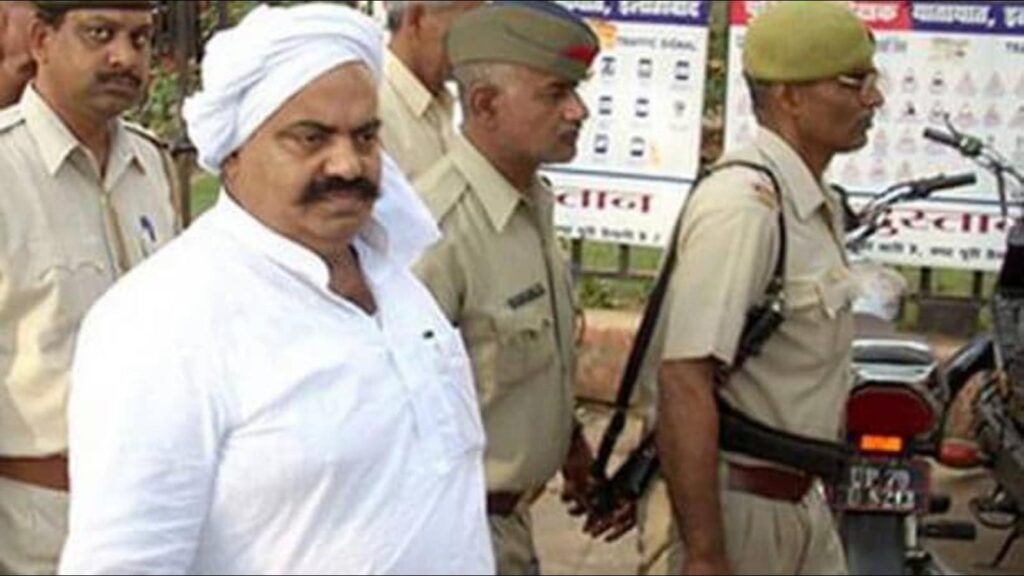Adaring shootout outside a medical college with scores of police people present in the heart of a prominent city is disturbing enough. But that three people managed to break through what should have been an impenetrable security cordon and spray gangster-turned-politician Atiq Ahmad and his brother Khalid Azeem, alias Ashraf, with bullets is alarming. The murders on Saturday evening are a big blow to Uttar Pradesh (UP)’s claims of a dramatic improvement in the law and order situation and cast an unflattering light on the police, which has been found sorely wanting in its primary role of providing protection. There is no justification for the police failing to protect a high-profile criminal who is wanted in 100 cases. Surely, the security threats were well-known to an administration that touts its law-enforcement record? The murders were captured on live TV. This speaks poorly of the quality of policing. A thorough and monitored probe should fix accountability for this slip in security. Heads must roll.
The killing is egregious because it strikes a blow at the institution of law and order in the state and erodes popular faith in due process, which forms the bedrock of any criminal justice system. The right to seek retribution and redressal for wrongs committed lies with the courts, not vigilantes. Therefore, the three men who surrendered before the police after the murders must be probed and tried to the fullest extent of the law. Politicians should also consider abandoning the air of triumphalism because it imbues the crime with the whiff of politics.
The proceedings around Ahmad have been needlessly sensationalised for the last few months, creating a media circus. High-profile criminals such as Ahmad should have been whisked in and out of premises with secure media cordons and barricading; the police should have petitioned the courts for adequate protection and check-ups in secure premises. Instead, the slipshod arrangements and the repeated long journeys by road from Gujarat to UP fuelled the perception that the operation was being planned to win political points. In the end, it brought back memories of the turbulent 1980s and 1990s in the state, when police struggled to impose law and order, and reckless criminals had a free run in the badlands. But, despite the tall claims, the very public murder of a very public criminal in a very public place has shown that when it comes to India’s most-populous and politically important state, the more things change, the more they remain the same.

